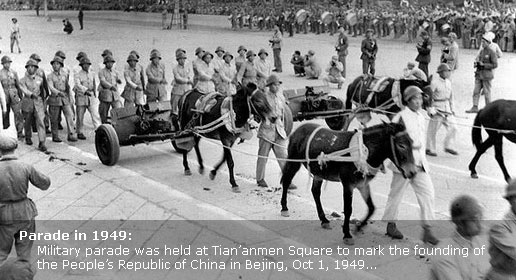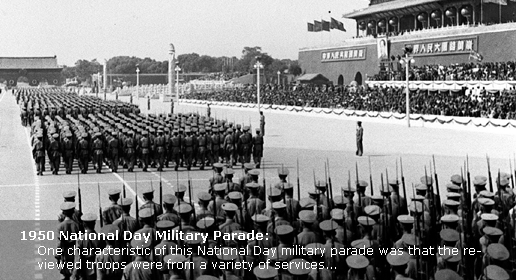60 People, 60 Stories
Positioned to expand
By David Hand (China Daily)
Updated: 2009-09-30 08:26
As a witness and advisor to one of Beijing's and China's most dramatic urban development periods this past decade, it is reasonable to say that both city and country are ranked as better, more desirable and more international to live and work now than previously. Commercial properties have, broadly speaking, provided higher quality workspace, better shopping environments and more enjoyable leisure spaces for urban residents in China.

Some major challenges remain, however, especially in dealing with rural poverty and environmental issues. While such challenges will not be resolved overnight, the various levels of government required to address these issues are aware of them and are making positive attempts at dealing with them.
Urbanization, modernization and commercialization would be the three key themes that dominate China's urban development in the medium term. The massive rural to urban shift is likely to continue resulting in impressive city development for both new and old cities alike. Modern, higher-quality and better specification properties will be demanded by both users and investors in property. Soft skills such as property and asset management will become key differentiators once building quality is raised across the board.
Property markets across China will become far more sophisticated in terms of their utilization of capital, investment techniques, vehicles and strategies.
China will also increasingly become an exporter of capital and expertise to the rest of the world. This process is under way and hence the country's property markets will become more entwined with global property markets.
David Hand is an international director of property consulting firm Jones Lang LaSalle.







